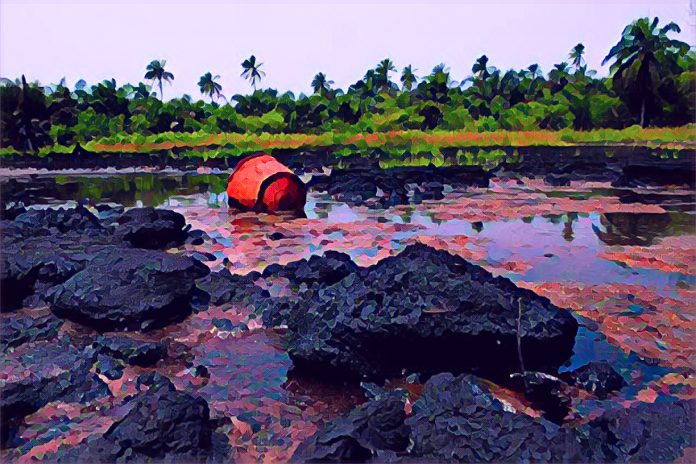KEY POINTS
- MOSOP rejects claims that oil resumption will create jobs.
- Justice for Ogoni activists must be prioritized before oil resumes.
- MOSOP demands 20 percent of oil profits for Ogoni development.
The Movement for the Survival of the Ogoni People (MOSOP) has rejected claims that the resumption of oil production in Ogoniland will create jobs for the people, calling such claims deceptive and misleading.
MOSOP argues that the focus should not be on oil resumption but on addressing the long-standing issues facing the Ogoni people, such as justice for past wrongs and environmental concerns.
In a statement released following a series of meetings with stakeholders, MOSOP President Fegalo Nsuke emphasized that the resumption of oil operations would primarily benefit the federal government and other states in Nigeria, leaving the host communities to continue facing neglect and environmental destruction.
Nsuke pointed out that after decades of oil extraction, the communities in Ogoniland remain impoverished, with little to show for the wealth generated from their land.
Justice for Ogoni activists is still a priority
Nsuke reiterated that any discussion about oil production in Ogoniland must first address the legacy of injustice from the past.
He pointed specifically to the wrongful execution of Ken Saro-Wiwa and eight other Ogoni activists in 1995, as well as the deaths of four prominent Ogoni leaders in 1994.
Nsuke called for an official investigation into these deaths and urged the Nigerian government to seek justice for the estimated 4,000 Ogoni people killed during the struggle for environmental and social justice.
“The issue is not about jobs created by oil production but about reparations for Ogoni people who have been left out of the wealth generated by oil extraction in their region,” Nsuke stated.
“We demand justice for those who lost their lives and compensation for those who suffered loss and displacement.”
MOSOP calls for a fair share of oil profits
MOSOP also rejected the argument that oil resumption would automatically lead to job creation in Ogoniland.
Nsuke argued that Shell Petroleum Development Company (SPDC) operated in the region for 30 years without making significant improvements in the lives of the people.
According to Vanguard, he pointed out that revenues from Ogoni oil have always gone into the federal account, with little to no benefit for the Ogoni communities.
“The revenue from Ogoni oil flows directly to the federal government, and the communities receive no special allocation.This must change,” Nsuke emphasized.
MOSOP proposes that oil companies dedicate at least 20 percent of their profits to the development of Ogoni communities.
In conclusion, MOSOP reaffirmed its commitment to securing justice, economic fairness, and environmental protection for the people of Ogoniland.
The organization vowed to resist any move to resume oil extraction without addressing these core issues first.



